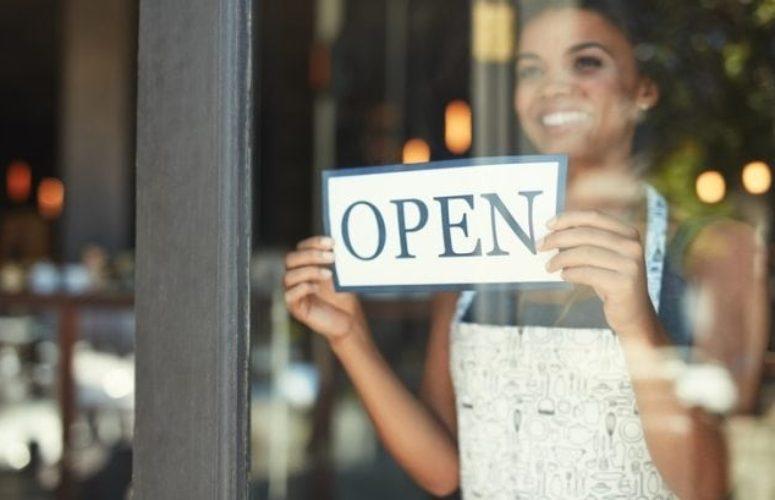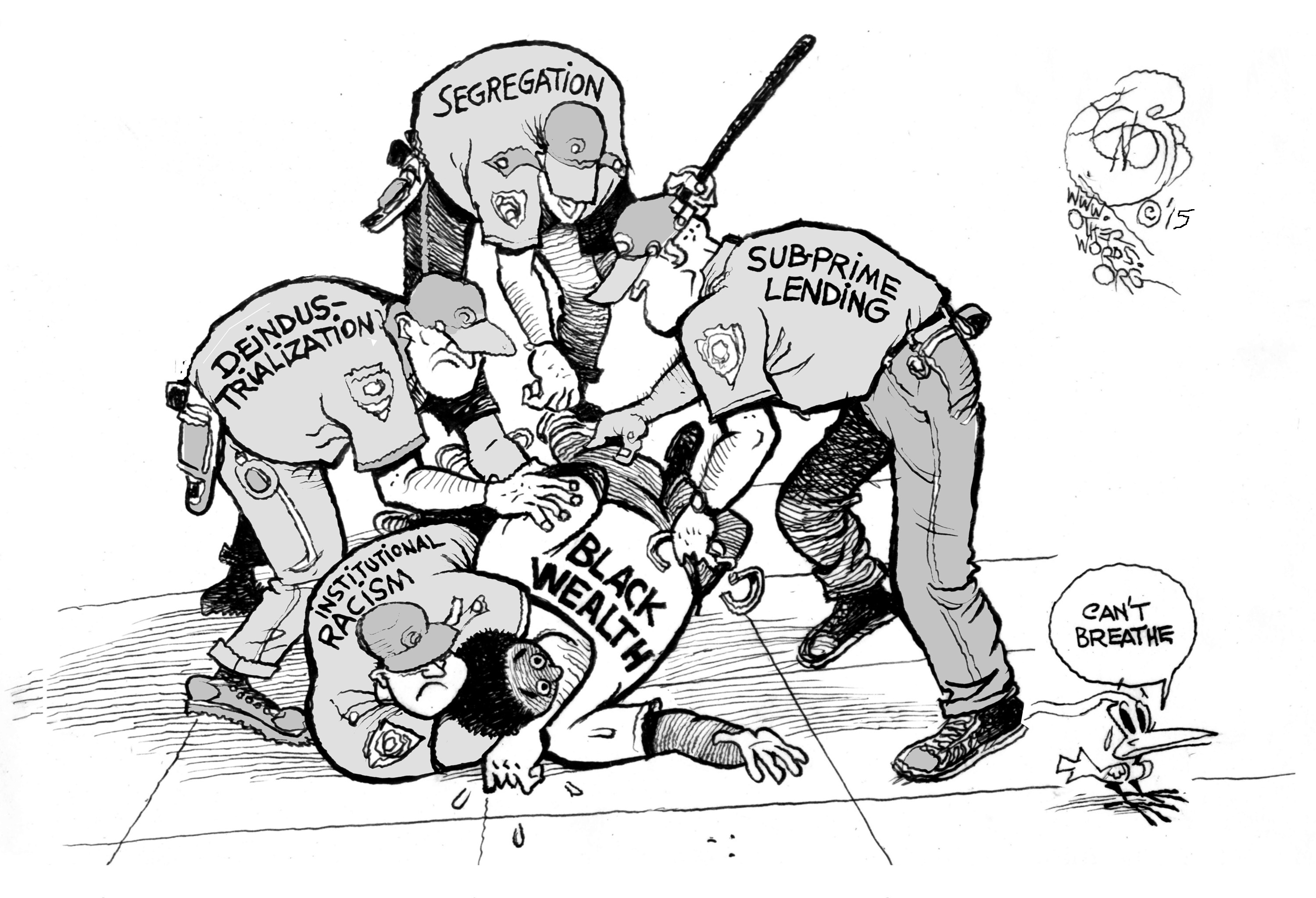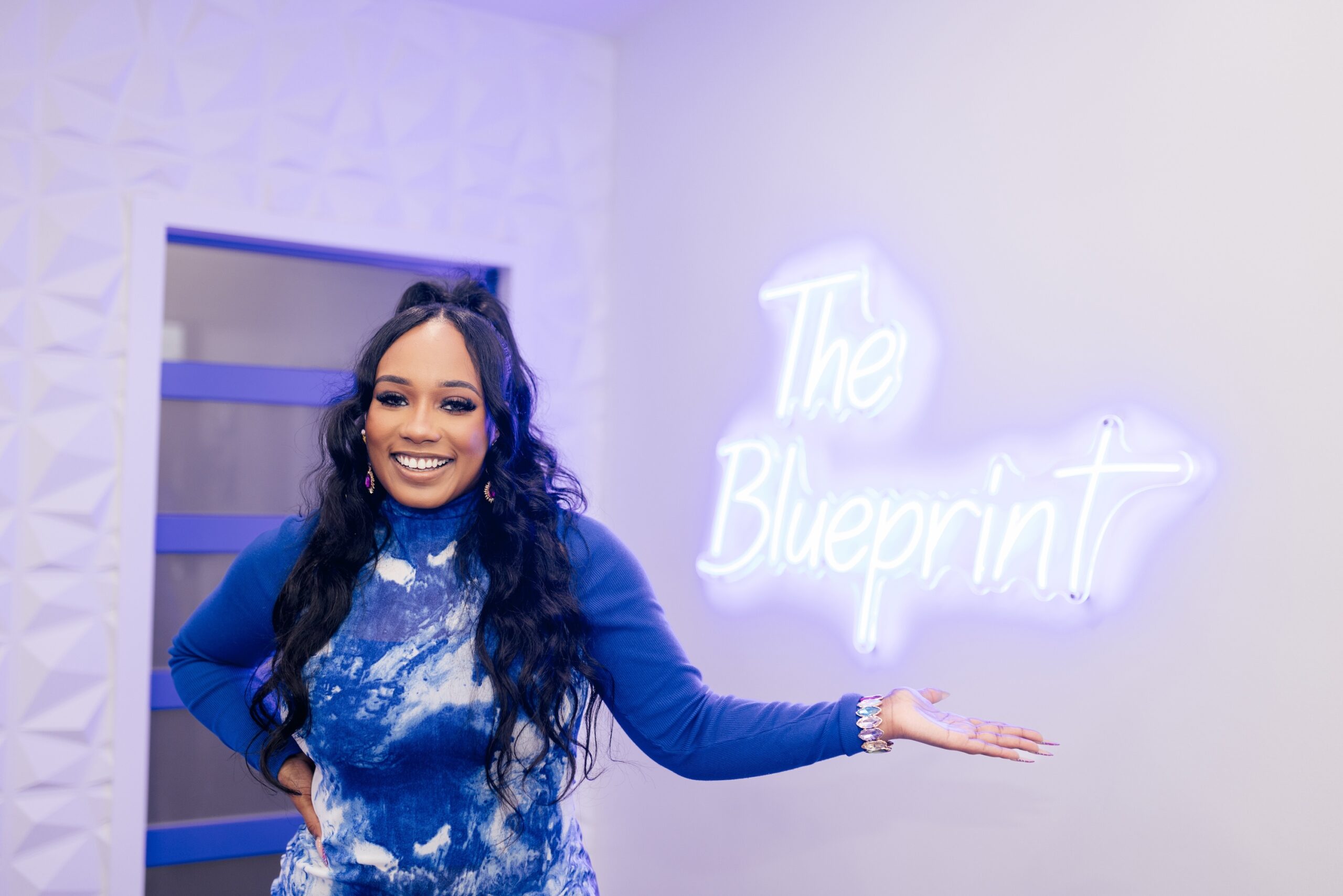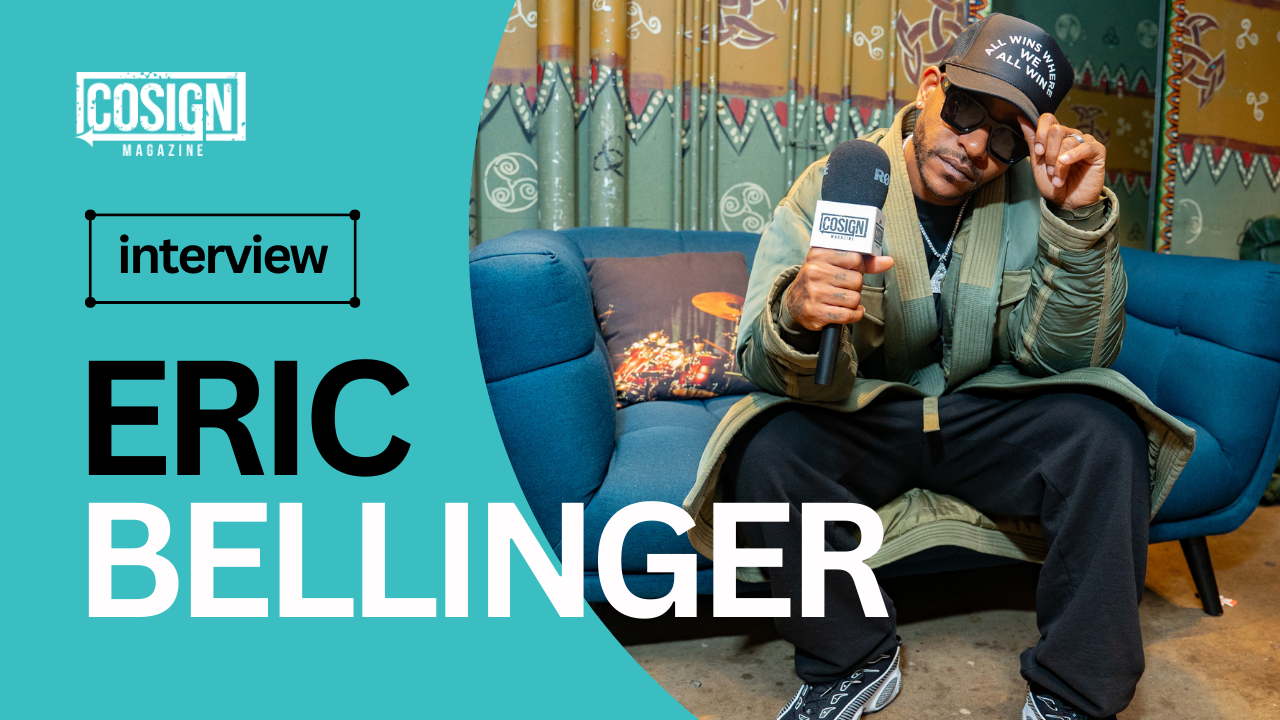NYC— Black business and community leaders came together to tackle issues that have historically impacted the black community’s efforts to achieve and pass on generational wealth. Their efforts birthed The Black Wealth 2020 Movement (BW 2020)— their charge: “to significantly increase the number of black homeowners, strong black-owned businesses and deposits in black banks.”
BW2020 formed from the desire of key leaders to make national business negotiations more inclusive. They advocated that black business leaders be represented at the deal table and have an equal opportunity to benefit from business deals that enhance the American economy. The black economic, civic, and civil rights leaders found that they could do more, a lot more. They channeled the adage, “If you want to go fast, go alone. If you want to go far, go together”. The proverb has been a historical call to action for those who believe that working together is the best way to effect change. The group understood that call and took the position of being the change that they wished to see. They took a collaborative approach by having their leadership reflect people from many age groups. In their value statement, they write why they take that approach. “Diversity of generations at the table not only broadens our vision but enhances our talent base, and deepens our perspectives.” They feel this approach will increase their likelihood of being successful. Empowered by the coalition, they developed a three-part strategy to improve the economic futures of Black Americans.
America’s economic system of choice has been Capitalism, a system that focuses on people and businesses, and the markets they create to drive the economy forward. Unless there is a significant shift in the American economic value system, it will continue to be the financial system. It is essential to make sure that black Americans be able to participate fully and thrive in it just as other communities have been able to do.
“Black Wealth 2020 is a smart goal for the Black community to strive towards. It is about adopting a mindset of innovation and design thinking required to address the racial wealth gap within targeted industries historically recognized as tools of wealth building. As the world continues to move forward within the new economy, the state of black America requires those who care to adopt measurable action items. This will ultimately break through the various barriers associated with closing the racial wealth gap”. LaToya Benjamin- Director of Economic Development

The Importance of the Black Wealth 2020: a 3 Part Strategy
Black Wealth 2020’s goal of increasing the size and number of Black-owned businesses is essential. Whether it is a side hustle or being a full-time business owner, self-employment can be very empowering. You get an opportunity to make an impact on the world and, hopefully, some money. It is no wonder that black-owned businesses are on the rise. In 2015, the US Census reported there were 2.6 million black or African American-owned firms nationally in 2012, up from 1.9 million or 34.5 percent from 2007. Fast Company put out a short piece last month titled Women of Color are starting new businesses faster than anyone else. In that article, Lydia Dishman wrote about how women of color account for 89% of companies opened over the past year. African American women are growing 50% faster rate than other women.
BW2020 plans to encourage and support the increase of deposits to enhance the viability and stature of black-owned financial institutions; As more loans go out more deposits come in. Black Banking institutions are not the sole answer to closing the racial wealth gap but can be a catalyst when they are part of a comprehensive and collaborative approach. In a piece I wrote this year for Blavity, I stated that these institutions are “by no means the panacea to closing the racial wealth gap or ending systemic racism. It can be an arrow, a tool in the quiver, and a multi-pronged approach to improving financial stability and, ultimately, the financial literacy of communities in need — especially ones that reside in banking deserts and are surrounded by alternative financial services that engage in predatory lending practices”.
The Wall Street Journal wrote, “black homeownership rate has fallen 8.6 percentage points since its peak in 2004, hitting its lowest level on record in the first quarter of this year”. Predatory lending by bankers pushing homeowners into adjustable-rate mortgages loans, Banks levering subprime mortgages in investment portfolios, the rising costs in renting have kept potential and former homeowners, especially black homeowners, from enjoying homeownership. Black Wealth 2020’s commitment to growing the size and number of black home, land, and property owners will play a significant role in creating opportunities to create and pass on generational wealth.
New York State Senator James Sanders Jr shared with me that “State legislators can play a critical role in the sustainability of communities through policy. As the Co-Chair to the Business and Economic Development Committee for The National Black Caucus of State Legislators, one of my primary objectives is to expand the Black Wealth 2020 movement nationwide. This initiative aims to financially empower the Black community in the areas of home and business ownership as well as to broaden opportunities for black financial institutions. Under those conditions, I believe we must do more than announce these goals aloud, but work to firmly cement them throughout America in the form of solid legislation, so they can truly flourish. As we approach Rev. Dr. Martin Luther King Jr. Day, let us remember that he was a pioneer in this area, planting roots with his “Poor Peoples Campaign,” which propelled the economic justice movement begun in Memphis.










